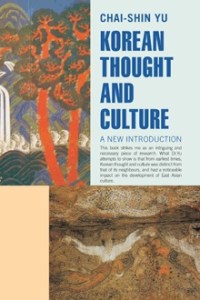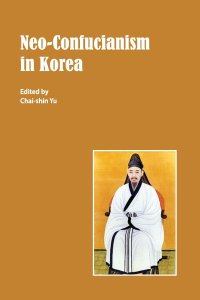
There is a scholarly misconception in the West and even in Korea, which considers Korean thought to be an imitation of Chinese thought of Westernized Japanese thought. This misconception would almost always accompany the inability understanding of the value and details of Korean thought. The author clarifies that Sonbi thought already existed before Korea was influenced by Chinese thoughts and it was rooted in Korean traditional ideas such as Tangun and Hwarang which shaped the thoughts of 500 years of the Choson dynasty. The author discusses how Korean thinkers in modern times have developed the thoughts of classical scholars into Neo-Sonbi which harmonized in itself ideas of enlightenment, independence, freedom and equality. In addition, the author highlights that there were many Christians among these Neo-Sonbi scholars. Order Form

